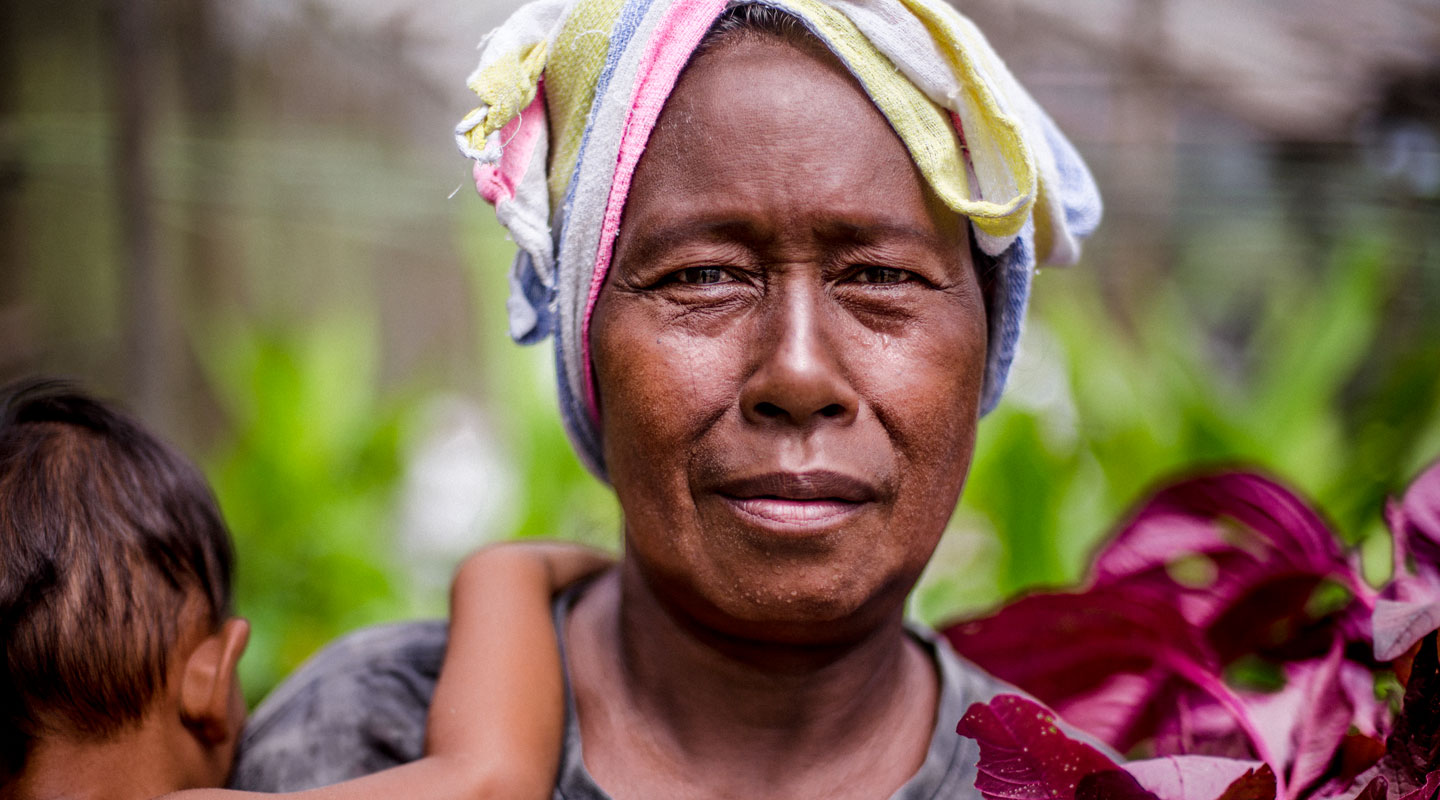Why free, prior and informed consent is so important for indigenous peoples
IFAD Asset Request Portlet
Asset Publisher
Why free, prior and informed consent is so important for indigenous peoples
Estimated reading time: 2 minutes
At the heart of this year’s session of the UN Permanent Forum on Indigenous Issues is “free, prior and informed consent.” Quite a mouthful! But what does it really mean? And why does it matter?
What is free, prior, and informed consent?
Indigenous peoples have the right to self-determination, as well as the right to develop priorities and strategies for exercising their right to development – in other words, the right to participate fully and effectively in decision-making processes that affect them.
IFAD has a duty to ensure they can exercise these rights – and that includes ensuring free, prior and informed consent (FPIC) for our grant and loan recipients. Let’s break down each element.
Free means no coercion, intimidation, or manipulation was used to obtain consent.
Prior means that consent is sought sufficiently in advance, with enough time given to respect indigenous peoples’ consensus processes.
Informed means that the information provided covers (at least) the nature, size, pace, duration, reversibility, and scope of the proposed project or activity.
Why does FPIC matter?
Indigenous peoples have their own unique organizations, traditions, and ways of life. However, development projects can sometimes fail to take this into account. FPIC enables dialogue and mutual recognition between development actors and indigenous peoples.
When we talk about “rural development,” we often mean achieving the well-being of the rural communities we support through our investments. However, as the indigenous scholar and community activist Dr. Filiberto Penados notes, we must also consider that the development actor and the project participant may have different understandings of what “well-being” means. Therefore, it’s fundamental to listen to the voices of indigenous peoples to better understand their reality.
This both improves the effectiveness of investments and enhances the community ownership of the investment, its results, and moreover, its sustainability.
How is IFAD seeking FPIC?
When working with indigenous peoples, IFAD has always proactively developed strategies that are shaped by indigenous peoples’ identities, values and cultures. Following the approval of our Policy on Engagement with Indigenous Peoples in 2015, IFAD published a how-to-do note that outlines how to design and support the implementation of projects with the full and effective participation of indigenous peoples.
Through consultations with representative institutions endorsed by communities, IFAD continuously works to ensure FPIC is respected and indigenous peoples have full and effective participation in the decision-making process.
For example, this approach formed the backbone of the Resilient Rural Belize Programme, an initiative designed to help small-scale farmers and indigenous peoples in Belize increase their economic, social, and environmental resilience to the effects of climate change. During the design phase, a planning framework with the contributions of indigenous peoples was developed. FPIC was sought during the implementation phase, resulting in a consent agreement that was developed between the communities and the project implementing unit.
Recognizing indigenous peoples’ distinctive and valuable knowledge, traditions, and practices, while securing FPIC, can provide solutions to major global challenges, including climate change.
Learn more about IFAD’s support for indigenous peoples.
Read our call-to-action for the full and effective participation of indigenous peoples through FPIC.
Publication date: 28 April 2022